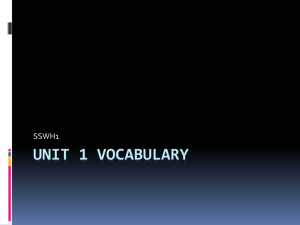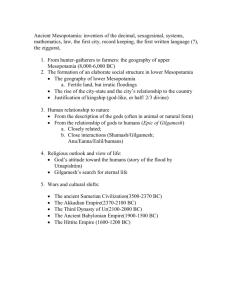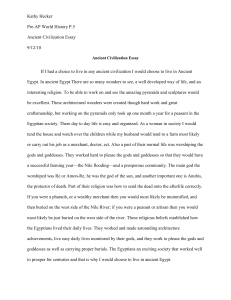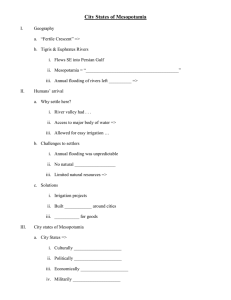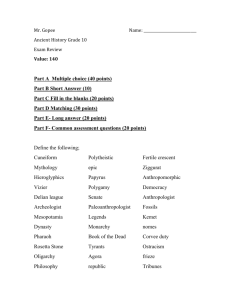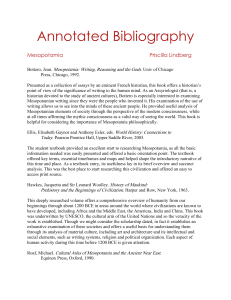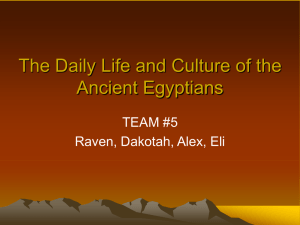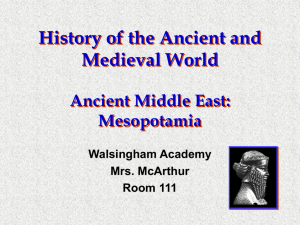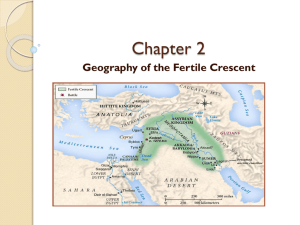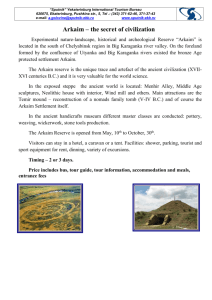WebQuest on Ancient Mesopotamia
advertisement
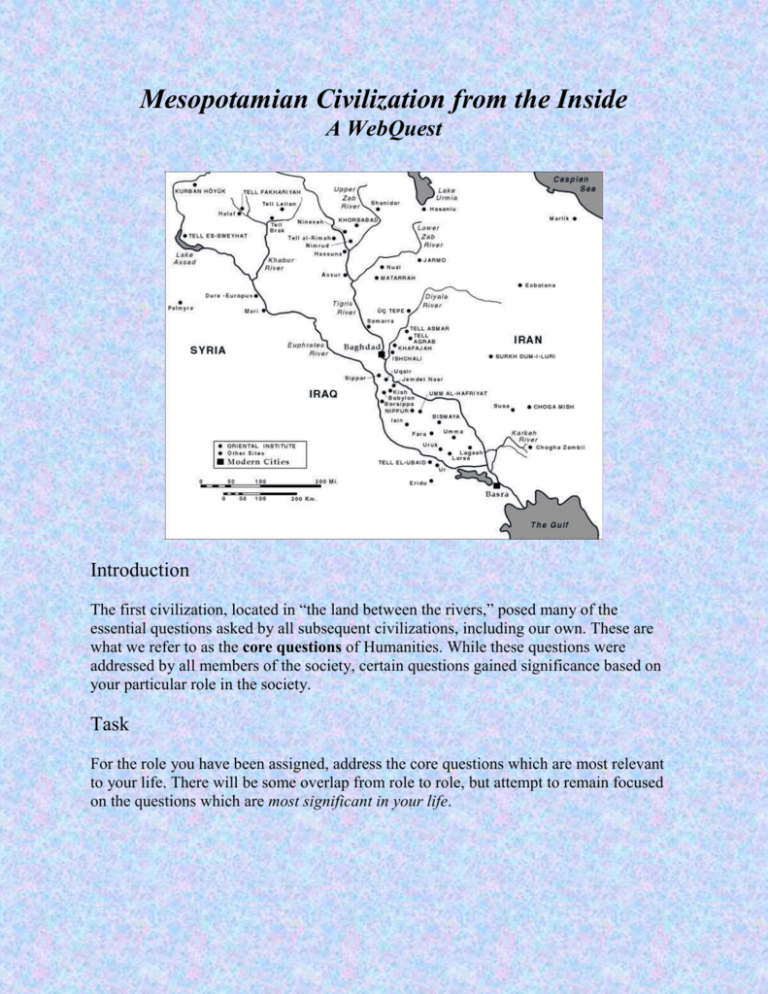
Mesopotamian Civilization from the Inside
A WebQuest
Introduction
The first civilization, located in “the land between the rivers,” posed many of the
essential questions asked by all subsequent civilizations, including our own. These are
what we refer to as the core questions of Humanities. While these questions were
addressed by all members of the society, certain questions gained significance based on
your particular role in the society.
Task
For the role you have been assigned, address the core questions which are most relevant
to your life. There will be some overlap from role to role, but attempt to remain focused
on the questions which are most significant in your life.
Process
Using the links provided in the “Resources” section, investigate the responses which you
feel most clearly reflect the perception of life shared by those engaged in your role in the
society. You must first determine which of the questions are most relevant to you [limit
yourself to three or four].
Finally, regardless of role, address the overriding question dealing with the worldview
common to all members of the society.
You will present your responses in the form of a short paper [one to two pages] and an
oral presentation to the class.
Roles
King—the real as well as the titular head of the society who ruled with
absolute power granted by the gods
Priest—the link between the people and the gods, interpreter of signs
provided by the gods in the phenomena of nature
Scribe—the recorder of history, transcriber of laws, and, at times, the
creator of literature
Commoner—the workers, farmers, craftsmen who do the bulk of the real
work of the society. They constitute the largest segment of the population.
Slave—individuals captured in battle who performed most of the same tasks
as the commoners. Due to their unique status as outsiders, their perceptions as
well as the core questions which are relevant will differ for these individuals.
Core Questions
What is my place in the world?
What is my place in the society?
What is my relationship to the deity?
What is my relationship to my fellow man?
What is my civilization’s concept of the afterlife?
What is Justice?
What is the nature of beauty?
Overriding Question
What is the general worldview of my society, and is my particular view of the world
consistent with my peers as well as the society at large?
Resources
http://www.historylink101.com/ancient_mesopotamia.htm
Link intensive site categorized by art, biographies, life maps, pictures and research of Ancient
Mesopotamia.
http://www.fordham.edu/halsall/ancient/asbook03.html
A strong general introduction to materials, including links to other sites—a little bit
daunting, but you can navigate the site with relative ease.
http://www.metmuseum.org/special/se_event.asp?OccurrenceId={9B8FB8E8-AE97-11D6-945F00902786BF44}
Subjects: Art, Ancient | Cities and towns, Ancient | Archaeology and art
http://www-etcsl.orient.ox.ac.uk/
Subjects: Sumerian language -- Texts | Sumerian literature
http://gilgamesh.psnc.pl/
Subjects: Gilgamesh | Epic poetry, Assyro-Babylonian -- Adaptations
http://www.mesopotamia.co.uk/menu.html
Site for the British museum, “illuminating world cultures”
http://www.crystalinks.com/meso.html
Good general information, including information on the gods
Evaluation
You will be evaluated using the attached rubrics. One evaluates your written component
and one evaluates your oral presentation in front of the class.
Rubric for Written Component
Rubric for Oral Presentation
